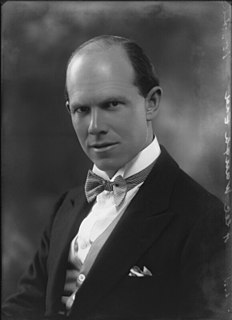A Quote by Alain Wertheimer
I spoke to the 'Wine Spectator' because that's PR; that's how you sell wine.
Related Quotes
There's always a wine bully. The one person who did read the 'Wine Spectator,' who tells you what to drink and why the '97 is better than the '98. I want to punch the wine bully in the face. I want to make sure this generation of wine drinkers isn't elitist and snotty. I want it to be about family and bringing people together.
One of the most insidious myths in American wine culture is that a wine is good if you like it. Liking a wine has nothing to do with whether it is good. Liking a wine has to do with liking that wine, period. Wine requires two assessments: one subjective, the other objective. In this it is like literature. You may not like reading Shakespeare but agree that Shakespeare was a great writer nonetheless.
We need not be intimidated by the wine snob because we know that, in the last analysis, he is only putting on a front. He may know more than we do, but how little he knows in comparison with what there is to know Wine, a hobby as fascinating and as human as one can find. One of the most fascinating aspects of the wine-hobby is the extent to which you learn all the time
We laughed a lot and I grew warmer still, lovely and warm. I do realize that some of that warmth was due to the wine, but there was much more to it than that. There are two distinct aspects to Communion wine: one aspect is the wine itself, the other is the idea of communion. Wine is certainly warming, but communion is a great deal more so.
Wine writers have been around for almost as long as there has been wine, but in the past, generally speaking, most wine writing was uncritical and emphasized wine as a romantic, historic beverage. Criticism and comparative tastings were eschewed for fear of offending the trade, which most writers depended upon for survival.



































